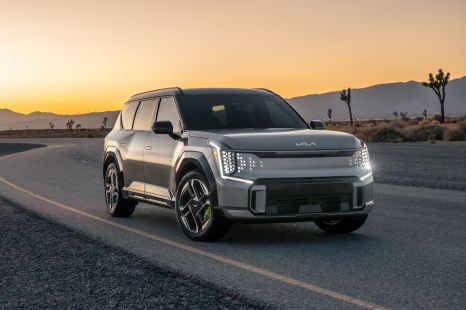

William Stopford
2026 Kia EV9: Hot GT arrives as Korean brand's priciest model ever
3 Hours Ago
A less powerful base model Aston Martin DBX SUV is out and about, ahead of a potential debut later in 2021. It'll be followed by a plug-in hybrid flagship.

Contributor
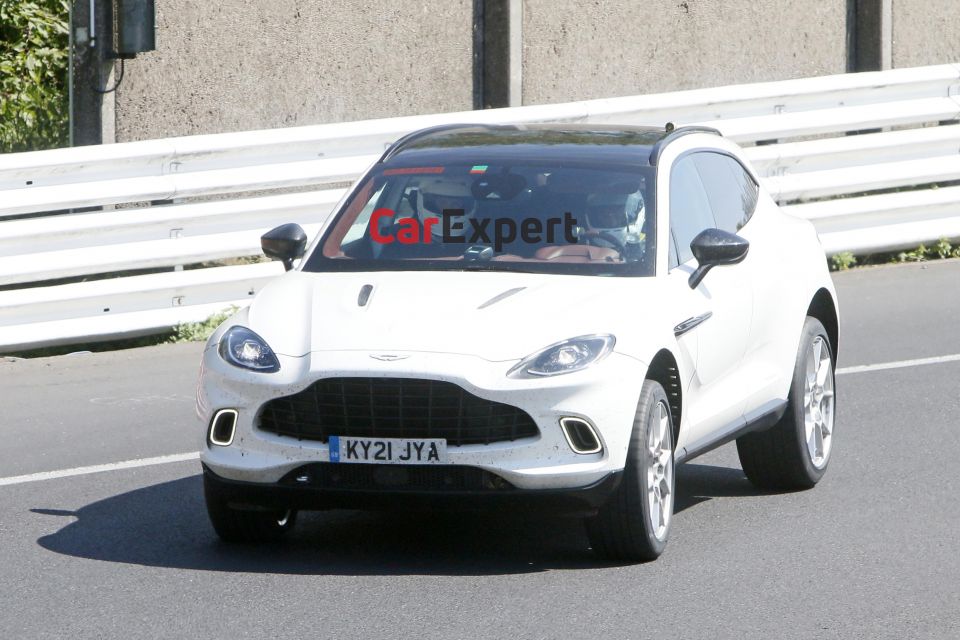

Contributor
Aston Martin has been snapped testing its mild-hybrid DBX SUV at the Nurburgring.
Currently, the big four-wheel drive is only available with a Mercedes-AMG V8 engine – the same engine used in the Vantage and DB11 V8.
This tester likely packs a 3.0-litre supercharged straight-six petrol engine backed by a 48V mild-hybrid system capable of harvesting energy when you lift off the accelerator, and providing a boost when you’re in a hurry.
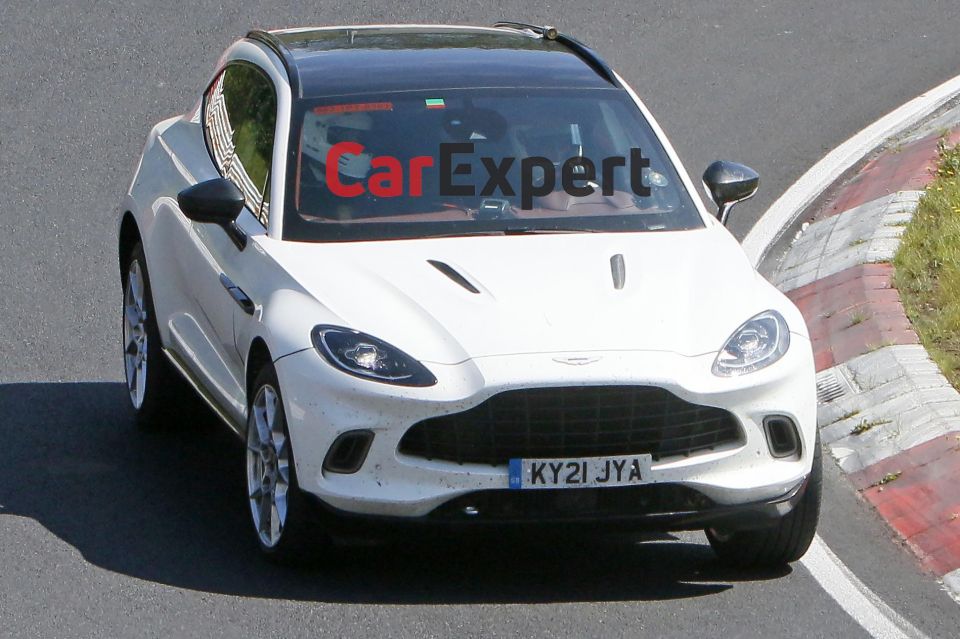
The engine is used in the Mercedes-AMG E53, where it produces 320kW of power and 520Nm of torque. That’s down 85kW and 180Nm on the twin-turbo V8.
Mercedes-AMG and Aston Martin have agreed to expand their platform sharing setup beyond just old infotainment and the 4.0-litre V8 currently used in the DBX, Vantage, and DB11.
Under the agreement, Aston Martin will get access to the latest electric and plug-in hybrid technology from Mercedes-Benz.
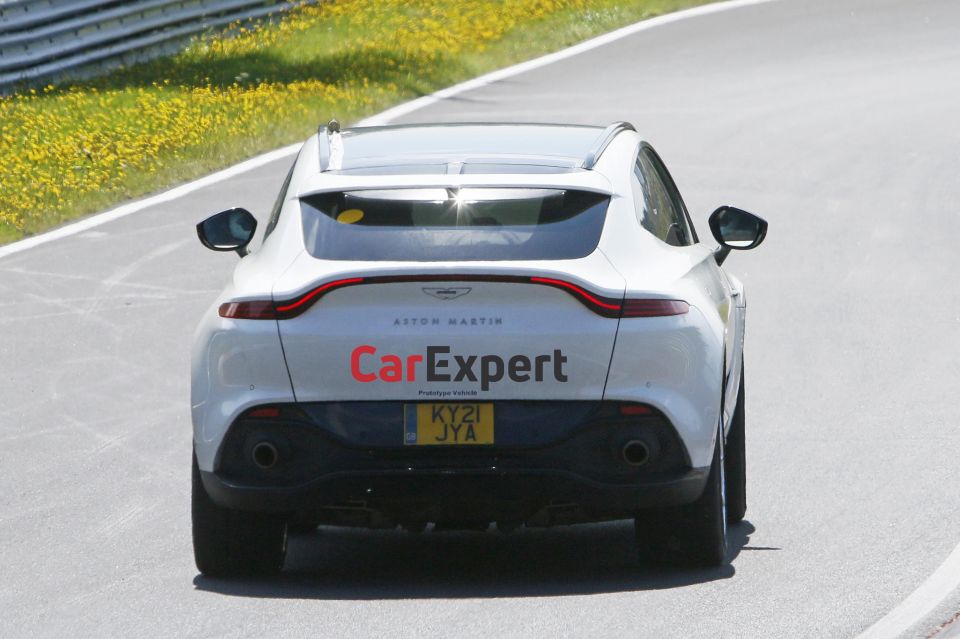
The hybrid DBX is part of a plan to broaden the range, both up and down.
The mild-hybrid will sit below the V8, while a more performance-oriented model will come to sit above the V8 in 2022 – potentially with plug-in hybrid power.
It could go head-to-head with the Porsche Cayenne Turbo S E-Hybrid, which is also a plug-in hybrid.
Tobias Moers, Aston Martin CEO, earlier this year revealed how the sports car maker use of its strengthened technology and financial alliance with Mercedes-Benz, which was announced last week.
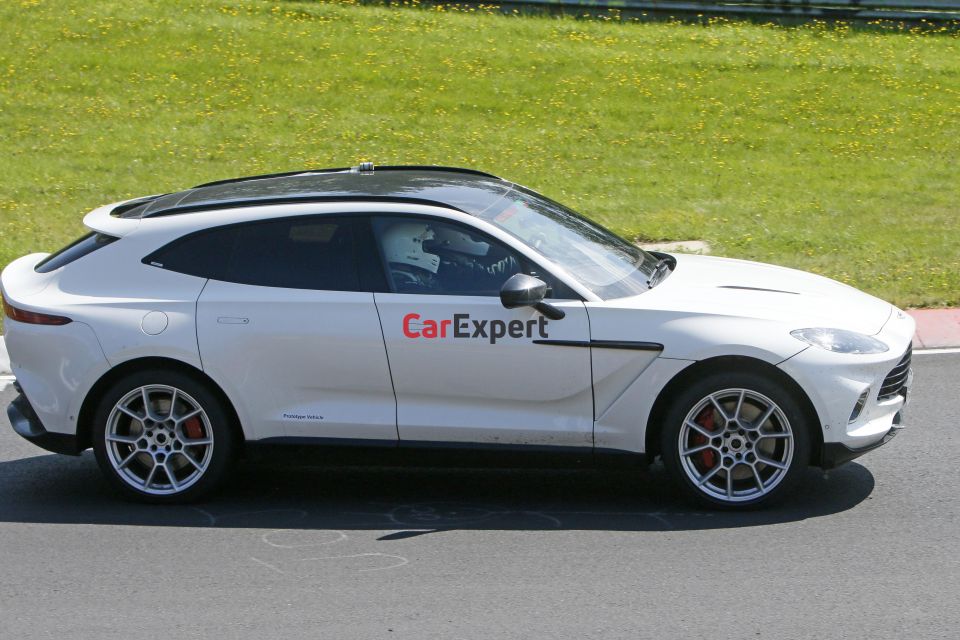
Aston Martin’s first electric vehicle will be a sports car, though it won’t arrive until 2026.
Mr Moers told Motor Trend his company’s minnow status means it can be agile and doesn’t have to make “broad pronouncements”, indicating it won’t follow brands like Jaguar by announcing an end date for internal combustion engines.
He predicts half of Aston Martin’s portfolio will be fully electric by 2030, though he said the company will offer plug-in hybrids in select markets and will offer internal combustion engines for as long as possible.
Aston Martin’s twin-turbocharged V12 engine isn’t expected to survive beyond 2027, however, due to increasingly stringent European emissions regulations.

Under Andy Palmer, Aston Martin’s previous CEO, the automaker was close to launching an electric version of the Rapide sedan, only to pull the plug at the last minute.
Before it dips its expensive moccasins into the electric car waters, Aston Martin expects by 2024 that 20 to 25 per cent of its sales will come from electrified models.
Go deeper on the cars in our Showroom, compare your options, or see what a great deal looks like with help from our New Car Specialists.
Scott Collie is an automotive journalist based in Melbourne, Australia. Scott studied journalism at RMIT University and, after a lifelong obsession with everything automotive, started covering the car industry shortly afterwards. He has a passion for travel, and is an avid Melbourne Demons supporter.


William Stopford
3 Hours Ago


Paul Maric
4 Hours Ago
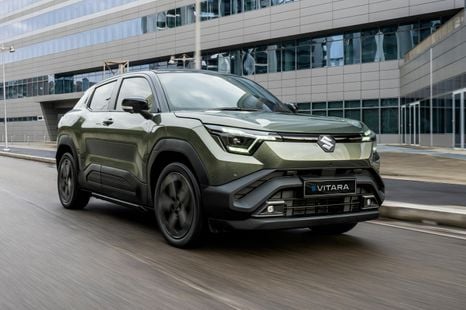

Damion Smy
4 Hours Ago
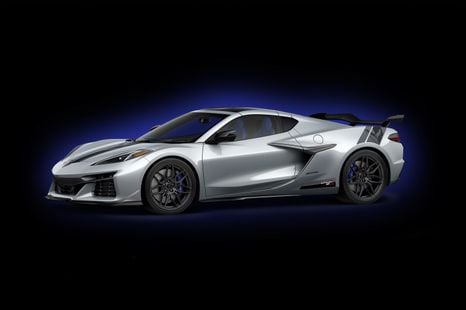

Damion Smy
7 Hours Ago
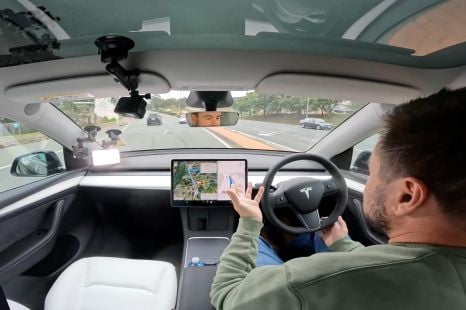

William Stopford
7 Hours Ago
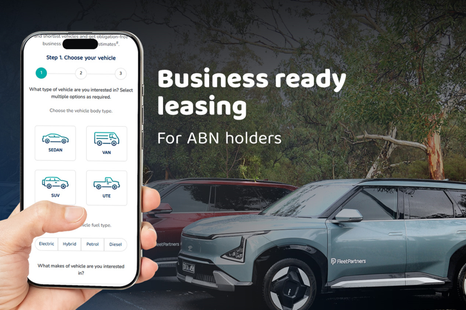

CarExpert
8 Hours Ago
Add CarExpert as a Preferred Source on Google so your search results prioritise writing by actual experts, not AI.